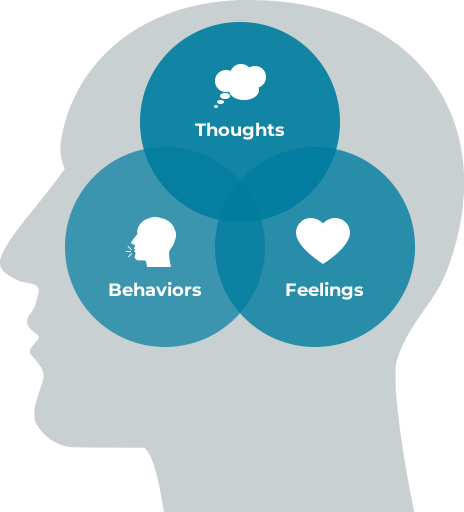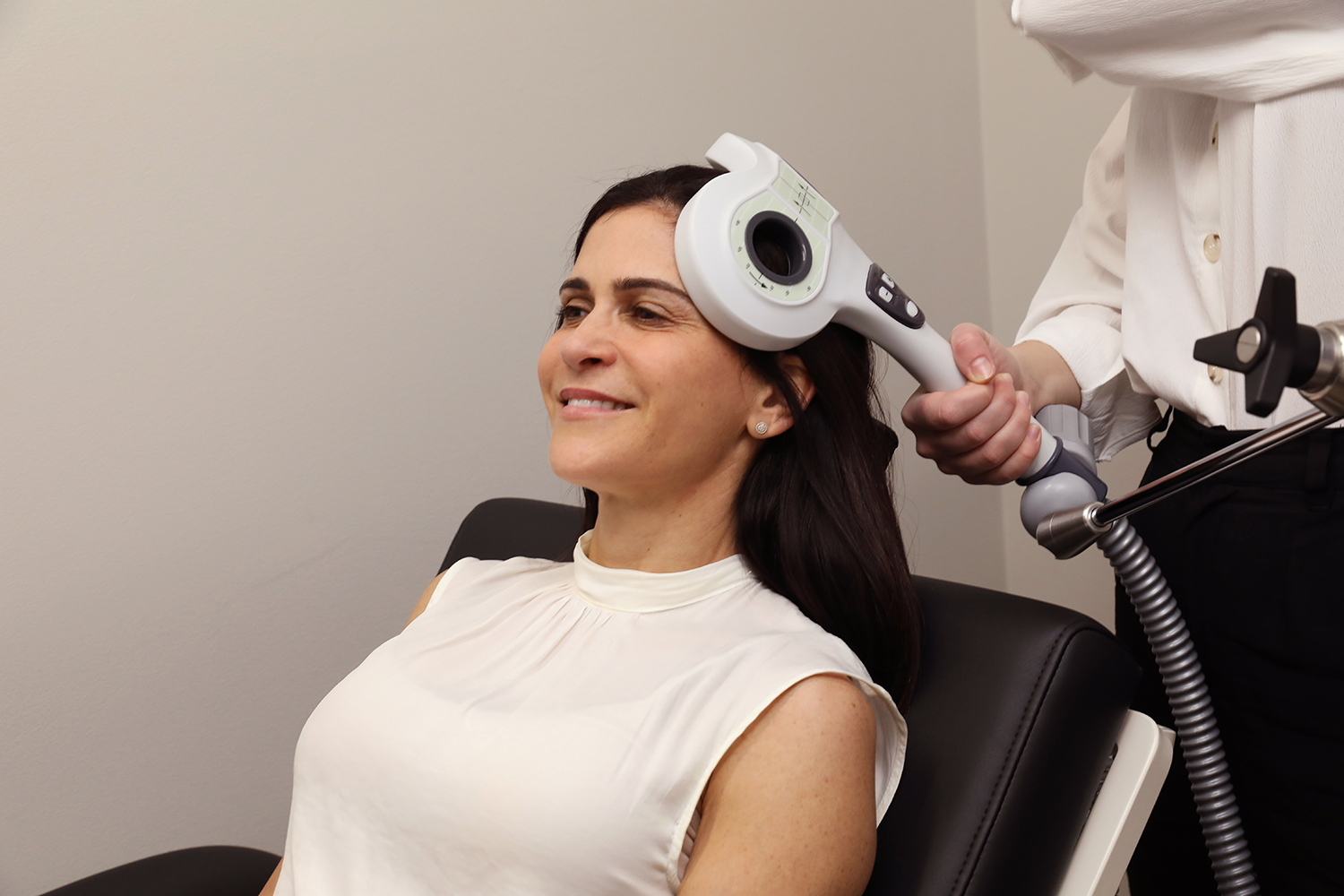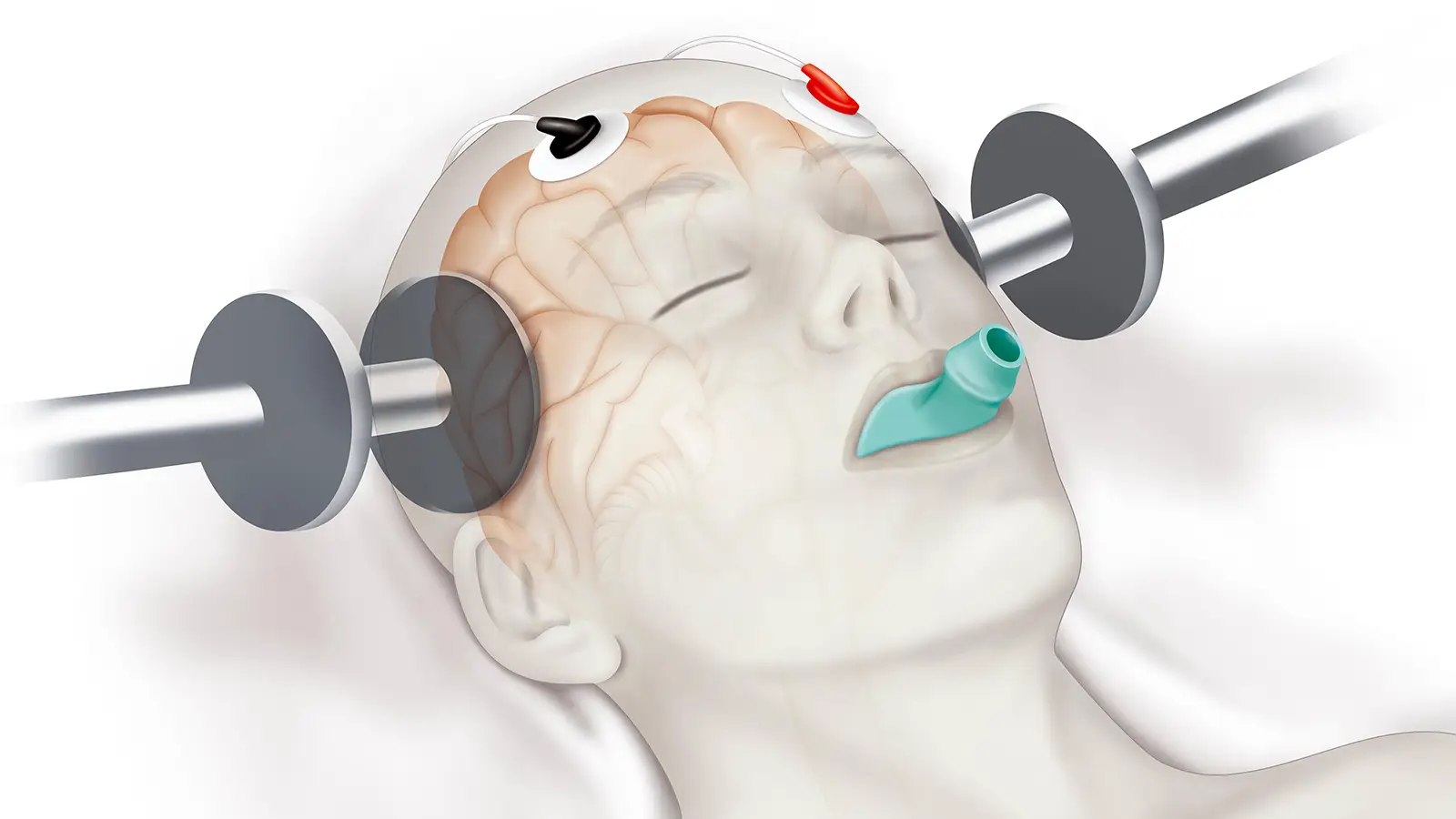Major Depressive Disorder
1/15
Earn XP
Description and Tags
Name | Mastery | Learn | Test | Matching | Spaced |
|---|
No study sessions yet.
16 Terms
Major Depressive Disorder (MDD): Definition
around 2 weeks of low mood, loss of interest, fatigue, and cognitive issues.
MDD: Prevalence
5% adults per year, 10% lifetime prevelance.
More common in females.
MDD: Symptoms
Sadness, no enjoyment, low energy, sleep issues, worthlessness, suicide thoughts, memory problems
MDD: Beeper Study
Participants carried a beeper that went off randomly.
ppl with MDD→ rated they were NOT having happy moments
MDD: Movie Study
🎥 People with depression reacted sad to sad movies like The Notebook
😊 But only felt happy during half of the happy movies
MDD: Sleep Issues
Shifted body temp rhythm; temp drops earlier, rises earlier → altered sleep.
MDD: Genetic Link
~65% concordance in MZ twins, 17+ gene variants.
Sadness may be adaptive.
5-HTTLPR Gene x Environment
2 Short allele + many stressful events = ↑ risk of depression.
Monoamine Hypothesis
Depression = low dopamine (reward), serotonin (mood), norepinephrine (energy).
Antidepressants: Types & How They Work
Tricyclics: Block reuptake of DA, 5-HT, NE
SSRIs: Block serotonin reuptake
SNRIs: Block serotonin & norepinephrine reuptake
MAOIs: Block enzyme that breaks down monoamines
Antidepressants: Delay in Effect
Drugs act fast at synapse, but mood improves after weeks (BDNF buildup).
BDNF Theory
a protein that plays a key role in survival/growth of nerve cells in the CNS
→ ppl wit MDD have lower
Antidepressants vs Placebo
Effective for severe MDD. Less effective vs placebo in mild/moderate cases.

CBT (Cognitive-Behavioural Therapy)
🧠 Effective for all levels of depression
🔥 Increases brain metabolism like antidepressants
🔄 More likely to prevent relapse long-term

TMS (Transcranial Magnetic Stimulation)
Magnetic pulses deactivate brain areas. Non-invasive.

ECT (Electroconvulsive Therapy)
Induces seizure for severe MDD. Can cause memory loss (less if right hemisphere only)